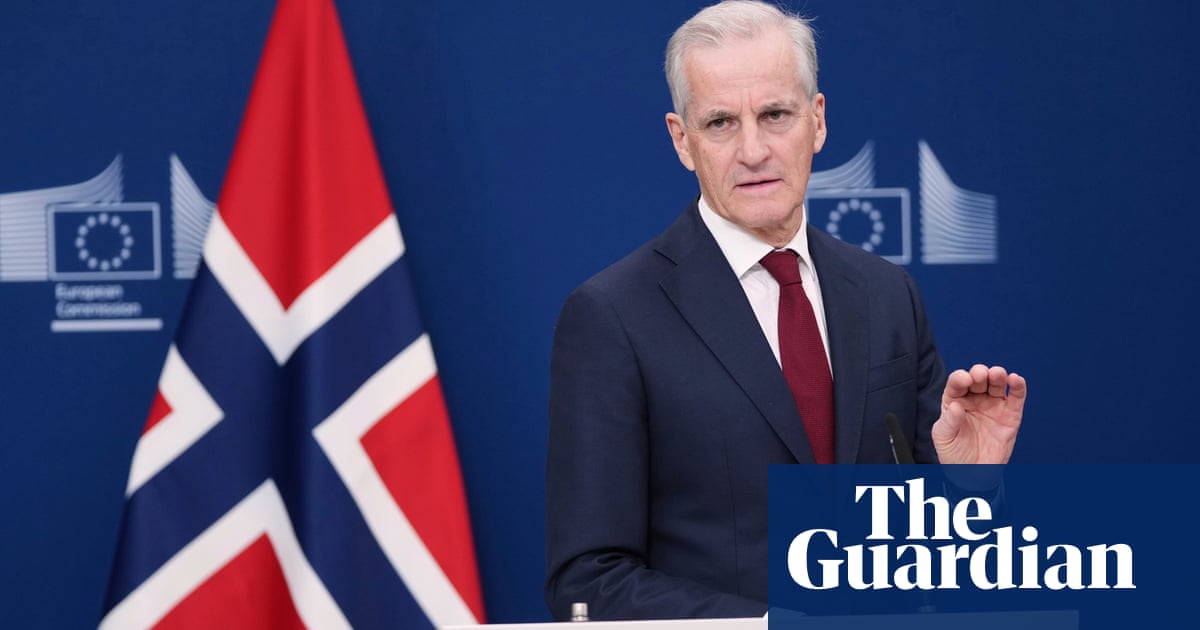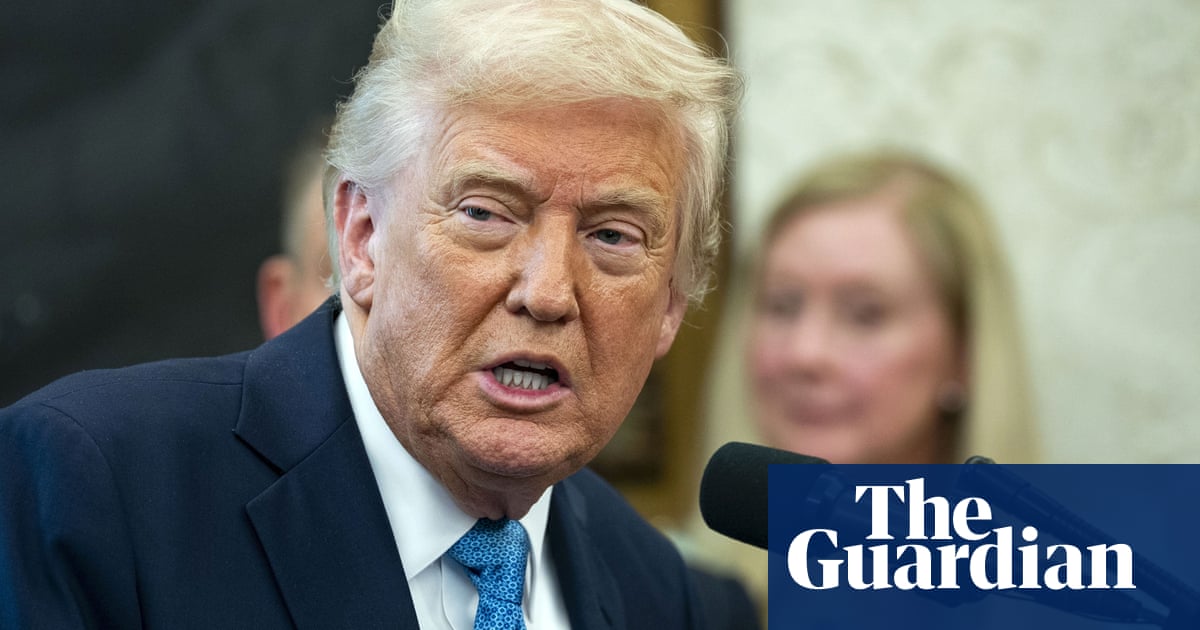Over the last 12 months, the United States has endured a rash of disasters worsened by the climate crisis: devastating wildfires in southern California, a catastrophic hurricane in western North Carolina, and deadly heatwaves across the country.
Americans increasingly believe global heating is a serious threat that will affect them personally – and 74% want to see more climate action. Yet while that sounds high, it is still lower than most other countries around the world. What explains this disparity?
New insights into this question have emerged from recent research that examines attitudes toward the climate crisis across the world and in the US specifically.
A report published by Nature Climate Change last year found 89% of the world’s population wanted to see more climate action, and 69% even said they would be willing to contribute 1% of their personal income to the cause.
But on all counts, the United States – the world’s largest economy and its second largest carbon polluter – ranked among the lowest in terms of willingness to contribute, demand for action and belief that others would contribute.
“The climate debate in the US was always very specific in international comparison,” said Peter Andre, a behavioral economist at Safe and the Goethe University Frankfurt and a coauthor of the Nature report. He pointed to research that has found “it was always more partisan, the media landscape is structured differently than in many European countries, and many [climate misinformation campaigns] also originated in the US.”
Andre and his colleagues reviewed data from 130,000 people in 125 countries and found that respondents’ willingness to contribute part of their income to the fight against climate change was highest in poorer countries. In Myanmar, which has a GDP of $1,233 per capita, 93% of respondents’ said they would contribute; in the United States, where incomes are about 70 times higher, only 48% did.
“One very plausible hypothesis is that, of course, the extent that you are exposed to climate risk makes you more willing to act against it. The richer you are, the easier it is for you to adapt,” Andre said. “The other story is resistance to change. Current economies are run on fossil fuels, so the bigger the economy, the more things need to change in order to become climate neutral.”
The data, which was pulled from surveys conducted by Gallup in 2021 and 2022, showed respondents in France, Japan and Canada were about as willing as Americans to contribute financially to climate action but were more likely to demand political action. Danes, on the other hand, were about as likely as Americans to demand political action but much more willing to contribute income.
“We’re kind of an outlier on the global scene,” said Jennifer Marlon, a research scientist and lecturer at Yale University. “I think it’s driven in large part by strong fossil fuel interests and the close associations they have with elected officials.”
The oil and gas industry spent about $220m in campaign and political action committee donations in the 2024 US election, according to a recent Yale Climate Connections analysis. About 88% of donations went toward Republican candidates, including nearly $23m toward Donald Trump and groups supporting him.
According to Marlon, Americans’ “strong sense that individuals can take care of everything” also hampered support for collective climate action.
Marlon’s most recent analysis of public attitudes toward climate change, published last month, found 63% of Americans said they were worried about climate change yet fewer than half (45%) thought they would be personally and significantly harmed by it.
She said that even though a majority of Americans support climate action, that didn’t necessarily translate into votes. “It has not been the primary motivating factor. People are just prioritizing other issues – education, healthcare or government overreach,” she said.
Carey Funk, a senior adviser with the Aspen Institute, pointed to the United States’ deep political divisions over climate policy. “Other places with a more ideological division over climate action tend to be in western Europe and in English-speaking countries, such as Canada, Australia,” she said. “The [US’s] two-party system makes the polarization over issues like this more pronounced.”
Funk said distrust in traditional journalism was another important factor. Only about one-third of Americans say they trust mass media. In 2023, Funk conducted in-depth interviews with Americans who did not see climate change as a major threat, and she said many respondents expressed skepticism of legacy media. She also said messaging from climate groups does not always have its intended effects. “The more the advocates are hyping up the problem, the more skeptical people feel they need to be,” she said.
Peter Fisher, a professor of political sociology at the University of Oxford and an author of The Peoples’ Climate Vote, a climate survey of 1.2 million people, said the Nature findings largely tracked with what he found: widespread support “nearly across the board” for a rapid transition away from the burning of fossil fuels. He pointed to a few notable exceptions, including Russia, the US, Canada, Australia and, to a lesser extent, the UK. Like Funk, he attributed these exceptions, in part to “partisan divisions on climate issues”.
However, he stressed, even in these countries a majority of respondents favored a transition away from fossil fuels. “There is concern about climate change and people want to see action,” he said.
One thing respondents across the globe had in common? A tendency to underestimate their fellow citizens. In the United States, nearly half of respondents in the Nature study were willing to contribute some of their income to fighting climate change, but respondents believed only 33% of the rest of the country were willing to do so.
Fisher and other experts said making people aware that they are in fact in the majority could help them put pressure on elected officials to act against climate change.
“Politicians often have much more political space than they think they do on climate change and other issues,” he said. “And so I would say this, along with climate science, provides compelling reasons for actually acting on climate.”
This story is part of the 89% Project, an initiative of the global journalism collaboration Covering Climate Now

 5 hours ago
3
5 hours ago
3













































